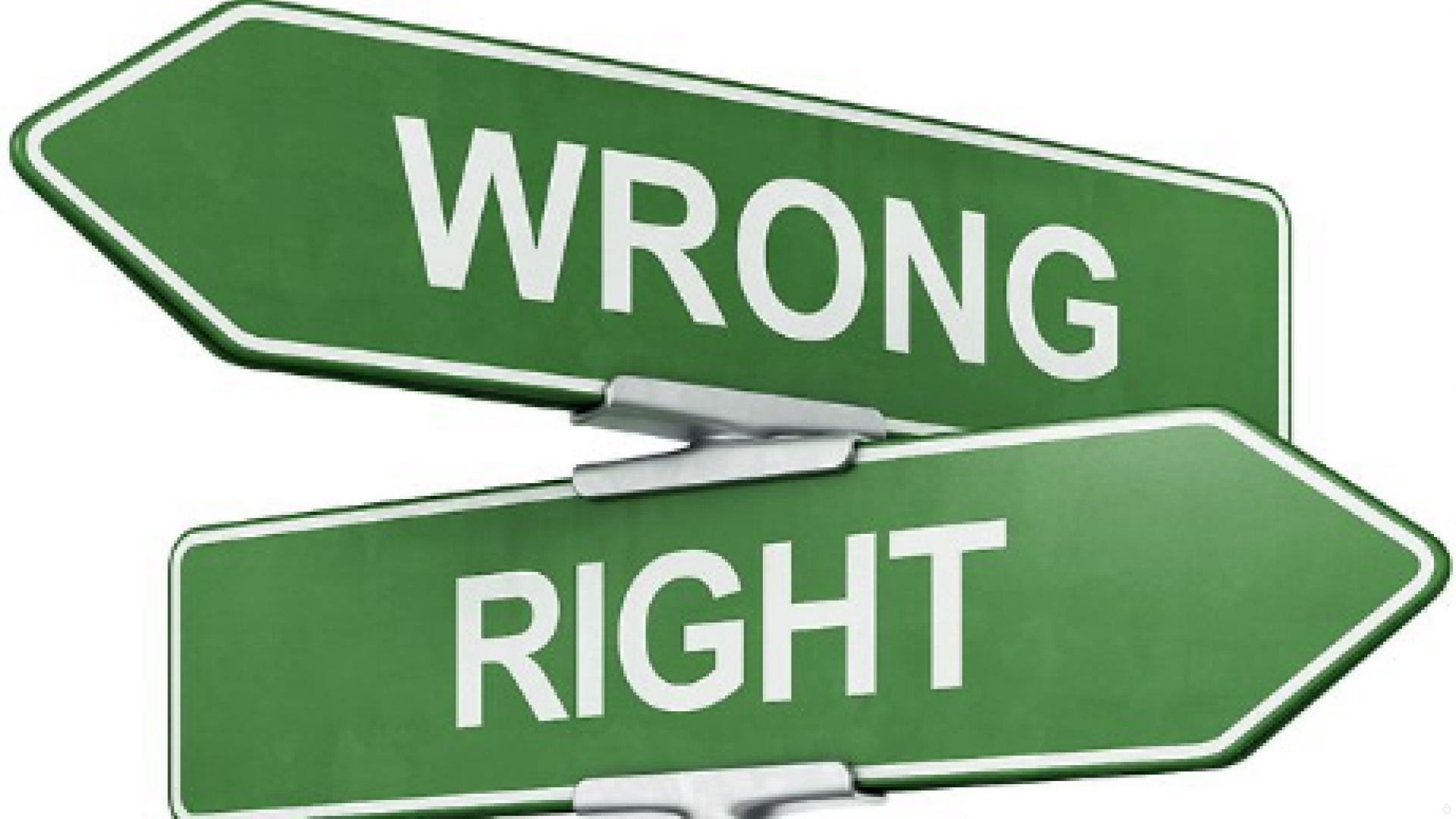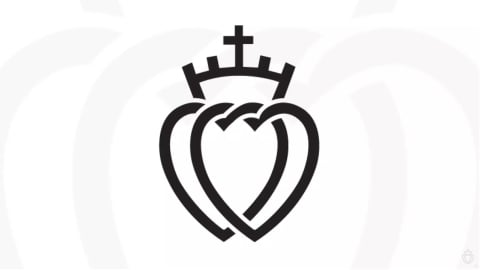Is smoking marijuana a sin?

Recently there has been quite a bit of news chatter about various state legislatures proposing to or actually legalizing the use of "recreational" marijuana. But what does the Catholic Church teach about the use of marijuana, or other narcotic drugs — is this a sin?
We provide two answers to these frequently asked moral theological topics, extracted from The Best Questions and Answers (over 300 answers from 30 years of questions featured in The Angelus magazine).
Is smoking marijuana a sin?
“Neither the effeminate, nor sodomites, nor thieves, nor the covetous, nor drunkards...will possess the kingdom of God” (I Cor. 6:10). Drunkenness is a deliberate excess in the use of intoxicating drink or drugs to the point of forcibly depriving oneself of the use of reason for the sake of gratifying an inordinate desire for such drink and not for the sake of promoting health. This is contrary to the virtue of temperance, and specifically sobriety. Sobriety regulates man’s desire and use of intoxicants, and is vitally necessary for an upright moral life.
The evil of intoxication lies in the violence committed against one’s nature by depriving it of the use of reason. He deprives himself of that which makes him specifically human — his ability to think. The drunk, or in this case the drug user, desires this loss of reason because of the feeling of liberation which accompanies it precisely from this lack of control of the will over the reason. It is unnatural, contrary to sleep, which also deprives one of the use of reason but in a natural manner.
Drug use gives an illicit means of escape. Besides being a sin, it also manifests an immaturity on the part of the user. Through an act of violence against himself, he escapes from the responsibility of decision making and control in his life. When this deprivation is complete, e.g., actions totally contrary to normal behavior, incapability of distinguishing between good and evil, etc., it is a grave sin. “In vino veritas,” said the Romans, not without reason. Any state short of complete drunkenness, without sufficient reason, is of itself venially sinful, but even in this case it may be a mortal sin if it causes scandal, injury to health, harm to one’s family, etc. It is important also to note that a man is responsible for all the sinful actions committed while intoxicated which he had, or ought to have, foreseen.
According to Jone-Adelman in Moral Theology, the use of drugs in small quantities and only occasionally is a venial sin if done without sufficient reason. This could be the case, for example, with sleeping pills. Obviously, deprivation of the use of reason through narcotics is to be judged as alcohol. The use of most drugs is complicated by the fact that they are illegal. This also signifies the will of the user to break the law, an offense against social justice. This compounds the sin. The speed with which a drug alters one’s consciousness also aggravates its use. This rapidity risks a greater potential to deprive oneself of the use of reason and thus to pass on to stronger intoxicants for increased effect.
Therefore, adding to the violation of the virtue of justice, the grave scandal caused, the grave danger of addiction, and the stronger consciousness-altering ability of marijuana, it is difficult to excuse one of mortal sin. Moreover, experience tells us that its use is frequently an occasion of mortal sin, especially sins of the flesh and the use of narcotic drugs. But to willingly and knowingly place oneself in an unnecessary proximate occasion of mortal sin is to commit a mortal sin. Fr. James Doran, September 1993
Is it a mortal sin to use drugs?
The old text books [on moral theology] do not speak of this new problem of the modern world. However, the immorality of drug abuse can be clearly deduced from the principles which allow an evaluation of the malice of alcohol abuse. The distinction is made between imperfect drunkenness, the fact of making oneself tipsy deliberately, which can only be a venial sin, and perfect drunkenness, which is drinking until one is drunk. This is a mortal sin because a drunken person loses the use of reason. This is St. Thomas Aquinas’s response to the objection that the quantity of wine drunk is but a circumstance, which cannot make a venial sin into a mortal sin:
With regard to drunkenness we reply that it is a mortal sin by reason of its genus: for that a man, without necessity, and through the mere lust of wine, makes himself unable to use his reason, whereby he is directed to God and avoids committing many sins, is expressly contrary to virtue. That it be a venial sin is due to some sort of ignorance or weakness, as when a man is ignorant of the strength of the wine, or of his own unfitness, so that he has no thought of getting drunk, for in that case the drunkenness is not imputed to him as a sin, but only the excessive drink…." (Summa Theologica, I-II, q. 88, art. 5, ad1)
The consumption of illegal drugs, even those called soft drugs, is comparable not to becoming tipsy on a little wine but to perfect drunkenness. For these drugs have their effect by causing a “high,” that is, an emotional experience when a person escapes from the demands of reality. For a brief period he lives in an unreal, euphoric world. All the other effects, such as relaxation, come as a consequence of this “high,” or unreal euphoria. If this state does not always prohibit all use of reason, it most certainly does always impede the most important use of reason, which St. Thomas just explained to us “whereby he is directed to God and avoids committing many sins.” All drugs deaden the conscience, and obscure the practical judgment as to right and wrong and what we must do. With respect to morality, their effect is consequently equivalent to the removal of the use of reason, and is a practical refusal to direct all of man’s acts to God through reason.
Drug abuse is consequently much worse than the pure seeking of pleasure or relaxation that some claim it to be. It is a denial of the natural and supernatural order, according to which God has created us in His image and likeness that our acts might be ordered to His honor and glory. Moreover, it goes without saying that the abuse of drugs is directly opposed to the Catholic spirit, which spirit of sacrifice, the practical application of the spirit of the cross, is essential to the living of our faith.
As previously mentioned, the principal evil of drug abuse is the destruction of moral conscience. It follows that the atrocious consequences of drug abuse are inseparable from it, and are willed together with the drugs themselves. This includes the breaking of the law in the consumption of drugs; and in the means of obtaining them, such as theft; and in the effort to sell them in turn to others, often minors or children. Other consequences include the incredible self-indulgence which accompanies the almost insatiable desire for always more titillating experiences, sins of blasphemy, the often satanic rock music, and the sins against purity and chastity, which are the consequence of the loss of shame and conscience.
Sins against charity and justice abound, such as disobedience to parents and refusal to do one’s duty at school or work, not to mention the bad company-keeping which is the breeding ground of all vices. Long term results are also willed in their cause, and they include such things as emotional and physical addiction, the passage from soft to hard drugs, the damage done to the body and to general health by prolonged drug use, culminating in the “fried” brains of the person who cannot even reason clearly, let alone make a moral judgment. It is a mortal sin to place one’s physical and spiritual health in such proximate danger, even if a person is to pretend that he is immune from this danger and that “it could not happen to me.”
Even the often liberal and ambiguous Catechism of the Catholic Church, published in 1994 in application of the principles of Vatican II, acknowledges this:
The use of drugs inflicts very grave damage on human health and life. Their use, except on strictly therapeutic grounds, is a grave offense. Clandestine production of and trafficking in drugs are scandalous practices. They constitute direct co-operation in evil, since they encourage people to practices gravely contrary to the moral law." (§2291)
This does not, however, exclude the use of narcotic drugs for therapeutic reasons. Their use, under medical supervision, is justified by a sufficiently grave and proportionate reason, even if they do deprive a person temporarily of the use of reason. (Cf. Merkelbach, Summa Theologiae Moralis, II, 925). For it is not the loss of reason which is willed. It is only an indirect consequence, so that there is not necessarily a disorder with respect to the final end of man. The typical example is pain control.
In conclusion, therefore, the use of marijuana, like any hard or soft drug, must be considered a mortal sin. If on occasion some people might be in ignorance as to the gravity of this sin, it is clearly evident that the matter is objectively serious. Consequently, it must be confessed as a mortal sin, and a person is obliged to confess drug abuse under pain of a bad or sacrilegious confession. If he forgot to confess the sin, he must then confess it at the first possible opportunity that he has. The priest who claimed that this was not a mortal sin has fallen into the trap of laxity.
Fr. Peter Scott, January 1999





